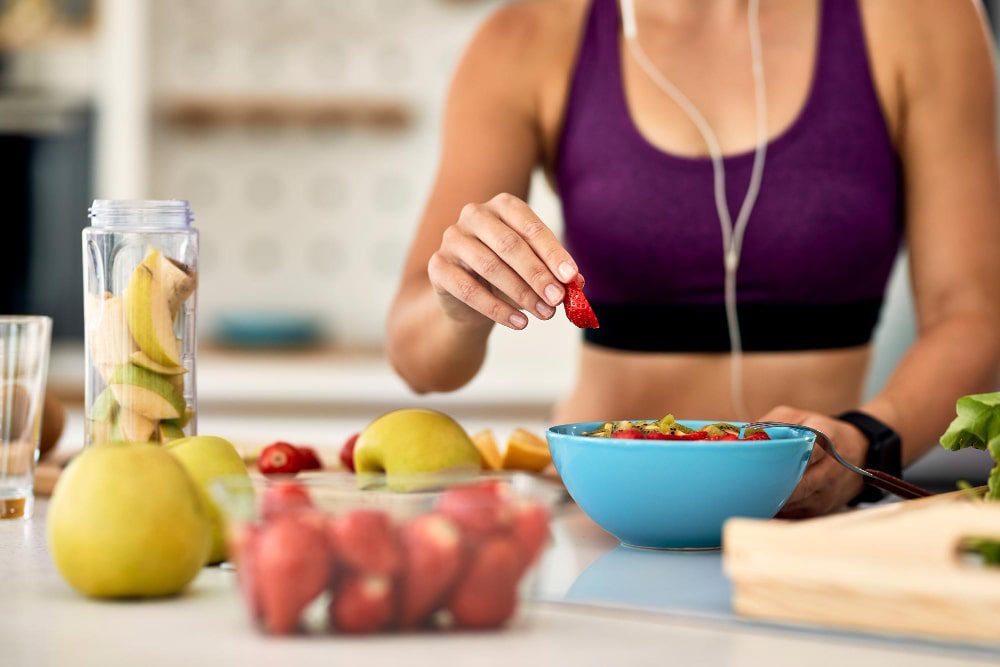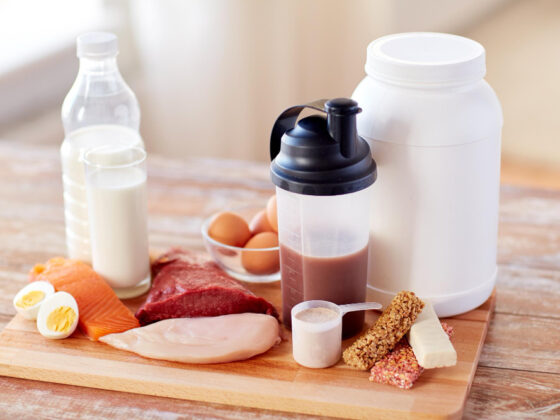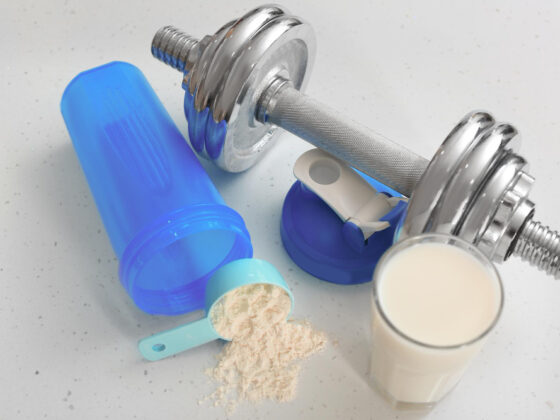Table of Contents Show
✍️ AI is summarizing:
When it comes to running, many athletes focus on the physical aspects of training, such as mileage and pace. However, one crucial element often overlooked is proper nutrition. Choosing the best pre-run meal is essential to fuel your body, enhance performance, and avoid fatigue. Running on an empty stomach may seem like a good idea for some, but it can significantly hinder your results and overall health.
Related post:
- The Ultimate Guide to Seaweed Benefits: Unlocking Nature’s Superfood
- The 50-50 Mindfulness Practice That Could Change the Way You Experience Life
- Are Carbs Really Bad? Unpacking the Health Benefits of Carbohydrates Now
The best pre-run meal vs. running on empty: Debunking the myths
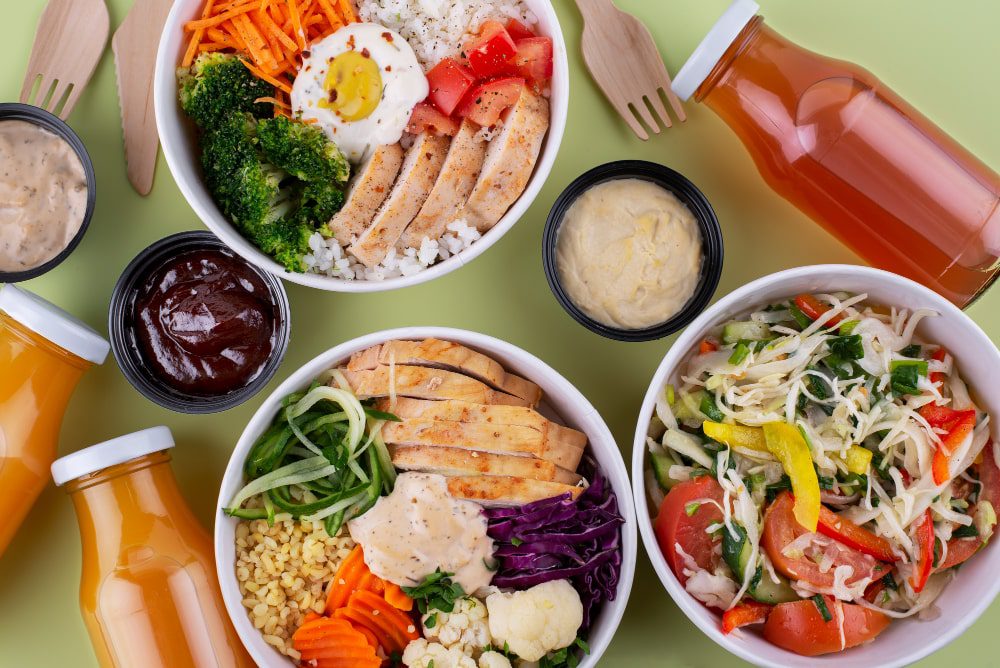
The notion of running on an empty stomach often referred to as “fasted running,” has gained popularity among some fitness enthusiasts. Proponents argue that it helps burn fat more efficiently and improves metabolic flexibility. While there is some truth to the fat-burning benefits of exercising in a fasted state, the reality is more complex.
Training without the best pre-run meal can lead to decreased energy levels, poor performance, and an increased risk of injury. When you run on an empty stomach, your body may tap into muscle glycogen stores for energy, potentially leading to muscle loss over time. Additionally, running on low fuel can cause fatigue, making it more challenging to complete your workout and hindering your progress.
The best pre-run meal includes carbohydrates: A runner’s fuel
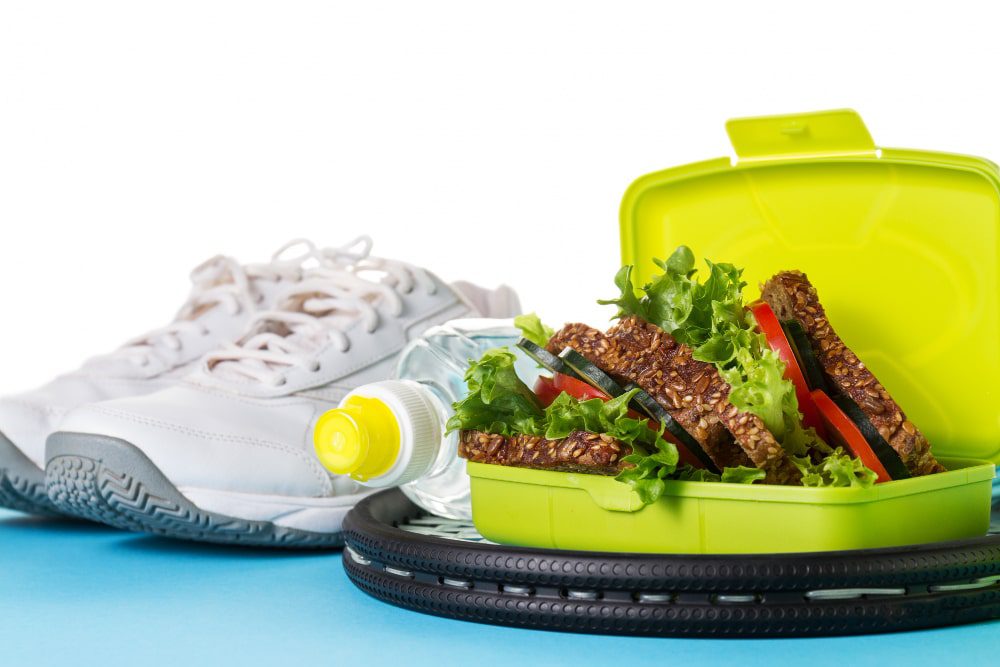
Carbohydrates are a runner’s best friend and should be central in your best pre-run meal. They serve as the primary source of energy for endurance activities. When you consume carbohydrates, your body converts them into glucose, which is stored as glycogen in your muscles and liver. During exercise, this glycogen is utilized for fuel, especially during high-intensity runs.
Without sufficient carbohydrate intake, your body may struggle to maintain optimal performance. This can result in slower run times, a higher perceived rate of effort, and an increased likelihood of hitting the dreaded “wall.” To ensure you have enough energy for your runs, prioritize carbohydrate-rich foods in your best pre-run meal, such as whole grains, fruits, and vegetables.
Timing the best pre-run meal for optimal performance
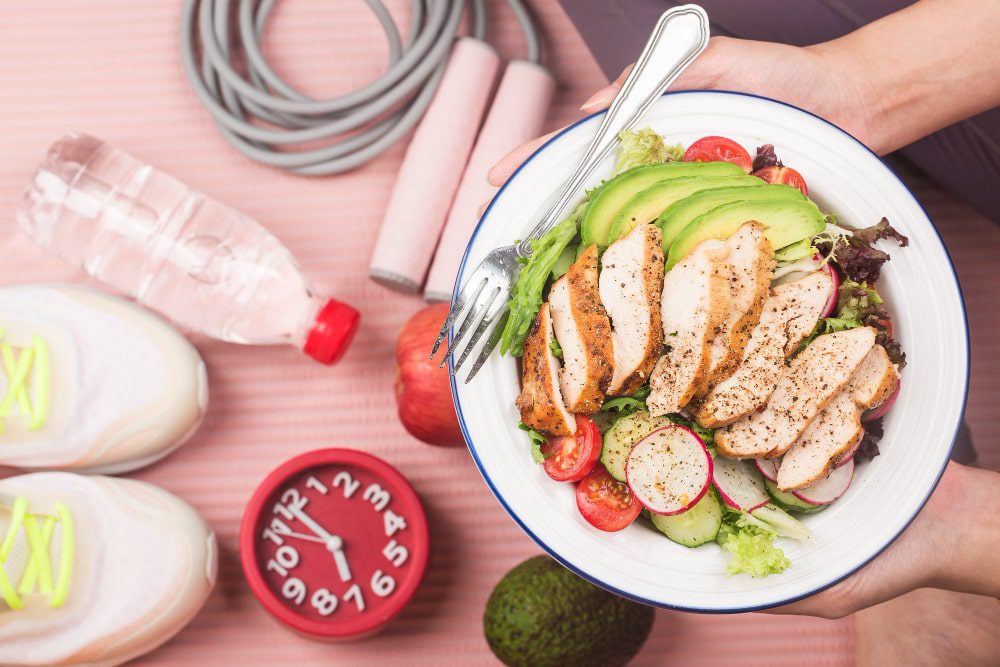
Timing your meals around your workouts is just as important as what you eat. Ideally, you should consume the best pre-run meal containing carbohydrates and protein about 2-3 hours before a run. This allows your body to digest and convert the food into usable energy. If you’re running in the morning and prefer not to eat a full meal, a light snack, such as a banana or a piece of toast with peanut butter, can provide the necessary fuel.
Post-run nutrition is equally important. Consuming a meal or snack rich in carbohydrates and protein within 30 minutes of finishing your run helps replenish glycogen stores and aids in muscle recovery. This practice not only supports your training but also prepares your body for future workouts.
Listening to your body when choosing the best pre-run meal

Every runner is different, and what works for one person may not work for another. It’s essential to listen to your body and adjust your nutrition according to your individual needs. If you find that fasted running works for you, consider limiting it to shorter, low-intensity sessions. For longer or more intense workouts, ensure you are properly fuelled with the best pre-run meal for your body.
Experiment with different food options and timings to discover what helps you feel your best during runs. Keeping a food and training journal can help you track your performance and how different foods affect your energy levels.
Conclusion
Effective training requires a holistic approach that includes proper nutrition. While running on an empty stomach may seem appealing to some, the risks often outweigh the benefits. You can enhance your running performance and overall well-being by prioritizing carbohydrate intake, timing your meals wisely, and listening to your body.
So, choose the best pre-run meal before your next run, and experience the difference in your training! Love exploring and adventure? Follow us on Facebook for daily inspiration, travel tips, and the latest updates from ExoTrails!

